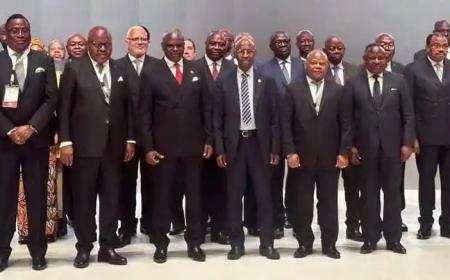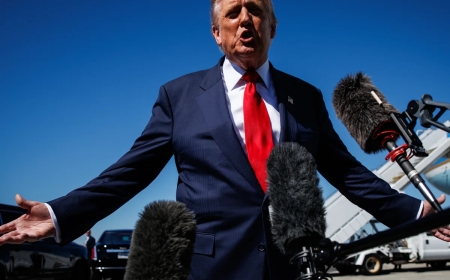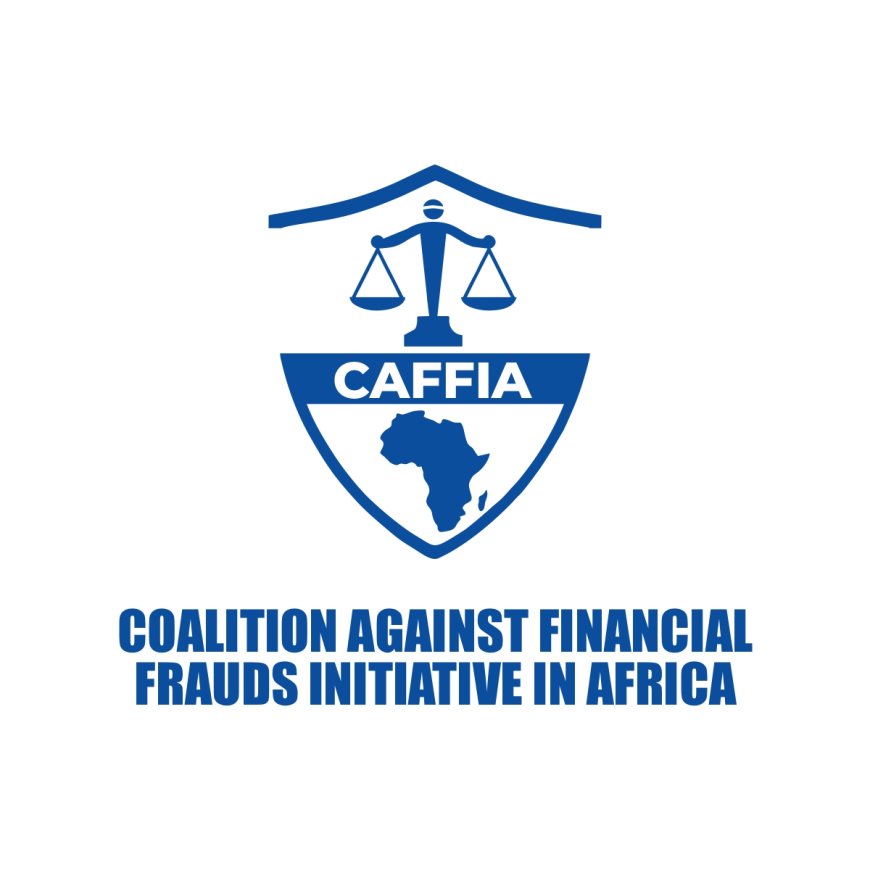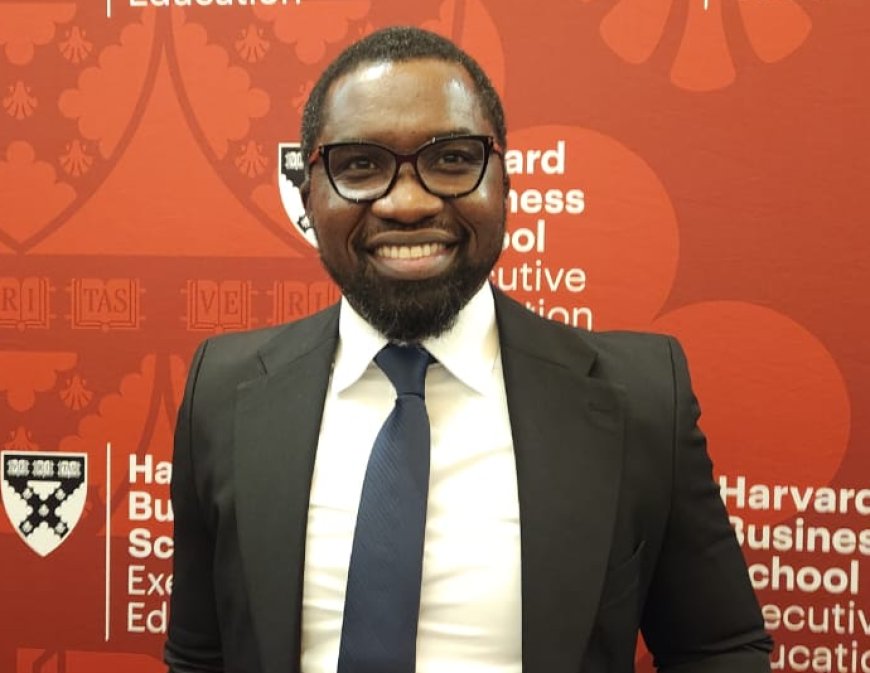Reclaiming the Church’s Credibility: A Call for Justice and Accountability
"Explore the challenges of inaction within the modern church system, highlighting the disconnect between its proclaimed values of accountability and its real-world practices. Discover actionable steps for the Church to reclaim its mission of justice, integrity, and truth."

The Problem of Inaction: A Deepening Paradox in the Church System
The Paradox of Hesitation: When Action Is Needed Most
Whether addressing leadership misconduct, resolving conflicts among members, or standing against societal injustice, the Church too often falters when called upon to make a stand. The issue becomes especially glaring when an allegation of misconduct arises. Instead of facing the situation head-on with transparency and a commitment to truth, the leadership of the Church often chooses to delay, minimize, or sweep the matter under the rug. This delay is typically wrapped in a blanket of spiritual language and theological justifications, designed to avoid confronting uncomfortable truths.
A Case of Mishandled Allegations: The Pastor's Misconduct
Consider a typical scenario: A pastor, who holds a revered position within the Church, is accused of misconduct. The Church’s leadership steps in to "investigate" the matter. But here’s the catch—the investigation is rarely transparent, selective, and immatiredly handled. The findings are neither shared with the congregation nor made publicly available. The accused pastor often remains in position, and the allegation is dismissed with statements such as, “Let God judge; we are all human, and we all make mistakes.”
This sentiment of “we are all human” often becomes a shield for leaders, allowing them to avoid taking real responsibility. While it’s true that no one is perfect, the Church is meant to be a place where moral integrity and righteousness are prioritized, where leaders should be held to higher standards than others. In these cases, however, it seems that the higher standards apply to the congregation but not to the leadership. As a result, the investigation is a mere formality, and justice is never truly pursued.
The Wounds of Inaction: Abandoning the Victims
The Church’s failure to act on such matters has far-reaching consequences, particularly for the victims. When the institution that claims to be a sanctuary fails to offer justice or healing, it leaves its members feeling abandoned and betrayed. Imagine a woman who has been emotionally and verbally abused by a church leader and then sees that same leader remain unchallenged, still in a position of authority, without any public acknowledgment of the harm caused. The victim is forced to grapple not only with the trauma of the abuse but also with the Church’s betrayal of its foundational values.
This paralysis within the church system does more than just undermine individual healing. It emboldens the perpetrators, knowing that their actions will likely go unpunished. In fact, many perpetrators within the Church, protected by their positions, continue to wield influence both within the church system and even in their workplaces or communities. This allows harmful behavior to perpetuate, creating an environment where toxic power dynamics and unhealthy systems are normalized and some of these pastors dare their folowers to report to authority as the church authority that has been corrupted can not carry out quality investigations to come to quality decisions due to either their myopic world view or because they have been negatively influenced by the corrupt individuals in the system.
Case Study 2: The Case of "Pastor Olu and the Defrauded Businesswoman"
In a thriving church on Lagos mainland, a prominent frontline pentecostal church pastor, let’s call him Pastor Olu, was accused by two of his members of defrauding her in a business transaction. The businesswoman, a devout congregant, had trusted Pastor Olu because of his leadership position as hi being her pastor in the church. She claimed that Pastor Olu borrowed a substantial sum of money under the guise of a “church expansion project,” at one time and at another time, Pastor Olu took a loan from her for his personal business runs, only to divert the funds to other personal business expansions.
When the issue was brought before the headquarters church leadership, their response was swift—but not in the way you might hope. Instead of addressing the allegations transparently, the inept leadership opted for a closed-door meeting without calling all parties in one room. After over 10-weeks of silence and fake investigation, an announcement was made during a Sunday service:
"The issue has been resolved internally. Let us focus on God’s work and not on distractions." and this is not church matter but personal business.
The woman, left without restitution or an apology, eventually took the case to a local magistrate court. Her decision to seek justice outside the Church led to her being ostracized by her peers, who labeled her as “ungodly” for taking a pastor to court. Whilst in court, the woman got justice and the pastor was sentenced to 14years in prison and to restitute to the business woman the sum of =N=147,800,000:00.
Lesson: This example highlights how inaction—or deliberate suppression of issues—creates a culture where church leaders can misuse their positions with impunity to do illegal crimes of eitheri defrauding or diverting funds, leaving victims isolated and justice unserved. With what is going on around right now, the Nigeria church congregants shoulf wake up as the corrupted church system cannot give then justice rather they want to keep feeding from their loyalists who have committed crime and broken any law in Nigeria.
The Perpetuation of Injustice: Empowering the Abusers
Inaction creates an ecosystem where abusers continue to thrive. When the Church fails to take action against misconduct, it sends a message that such behavior is acceptable and even condoned. A leader who knows their actions will not be questioned is emboldened to perpetuate harm. This not only damages the lives of the victims but also diminishes the trust of the wider congregation. The message sent to the broader church community is that the well-being of the faithful is secondary to the protection of the institution’s reputation.
This power imbalance—where leaders are shielded from accountability—creates an atmosphere of fear and silence within the Church. Members are often reluctant to come forward, knowing they will either be ignored or blamed for disrupting the peace. This only further entrenches the cycle of abuse and oppression.
The Church’s Moral Failure: A Betrayal of Its Own Faith
At its core, the Church’s failure to act decisively on issues of justice is a profound betrayal of the faith it claims to uphold. Christianity is rooted in the belief that God is just, that Christ stands for the oppressed, and that those in positions of power are called to serve, not dominate. When the Church does not hold itself accountable to these principles, it undermines the very foundation of the faith.
In the Bible, Christ is portrayed as the ultimate embodiment of justice. He stood up for the marginalized and challenged those in positions of power who abused their influence. Yet, in today’s Church, when similar injustices occur, we see the opposite response. The faithful are often left with no recourse, and the very individuals who should be held to account remain protected.
The Impact on the Congregation: A Breeding Ground for Disillusionment
The ripple effects of the Church’s inaction extend beyond individual cases of abuse. They create a climate of disillusionment, cynicism, and loss of faith in the leadership. Congregants who once trusted the institution begin to question its integrity, and some eventually leave, disheartened by the failure of the Church to live up to its own teachings especially when it comes to crimes againist the State. For many, the Church’s response—or lack thereof—becomes an obstacle to their relationship with God. The Church, which should be a vessel for healing and reconciliation, instead becomes a source of pain and division which is one reason that several thoousands around Africa are now turning to African Worship thereby questioning the statusquo because over the years these churches especially the Pentecostals who have sold half truths to their followers and led many to costly mistakes based on their either shadowy intents or less revelation of God about the message they are called to preach. The gullible followers, some have died along the way with no adequate compensations given to them when alive or even when they have gone.
Rebuilding the Church’s Trust: A Call for Action
The solution to this paradox lies in the Church's willingness to confront its own failings and hold its leaders accountable. If the Church is truly committed to living out the principles of justice, mercy, and integrity, it must move beyond rhetoric and take tangible, meaningful action.
1. Transparency in Investigations: When allegations arise, they must be investigated openly and impartially. The findings should be shared with the congregation, and the leaders involved should be held accountable.
2. Clear Consequences for Misconduct: There should be no room for leaders who abuse their power. They must face consequences, regardless of their position or influence. This will send a strong message that the Church values justice over reputation.
3. Supporting Victims: The Church must offer genuine support to those who have been harmed. This includes listening to their stories, offering counseling and care, and working to restore their dignity and trust in the Church.
4. A Culture of Accountability: The Church must establish systems of accountability that hold all members—including the leadership at all levels bearing the seal of their authority — responsible for their actions and inactions. This includes ensuring that leaders are held to the highest standards and that there is no hierarchy when it comes to justice and not about witch hunting but that which is thorough and to ensure that no crime is commited that goes against the criminal code of the land.
Conclusion: The Church’s Redemption is in Its Action
Inaction in the face of wrongdoing is not just a failure of leadership; it is a betrayal of the Church’s mission. If the Church is to remain a beacon of hope, justice, and truth, it must embrace accountability and take action when needed. Only then can the Church reclaim its credibility and truly live out the values it professes. For as long as the Church continues to protect its leaders while neglecting its responsibilities to its people, it will remain a hollow institution, offering only the illusion of righteousness. The time for real action is now.
Author: CAFFIA Global Nigeria Coordinator

Kindly share this story:
Contact: report@probitasreport.com
Stay informed and ahead of the curve! Follow The ProbitasReport Online News Report on WhatsApp for real-time updates, breaking news, and exclusive content especially when it comes to integrity in business and financial fraud reporting. Don't miss any headline – and follow ProbitasReport on social media platforms @probitasreport
[©2024 ProbitasReport - All Rights Reserved. Reproduction or redistribution requires explicit permission.]
What's Your Reaction?




































































































